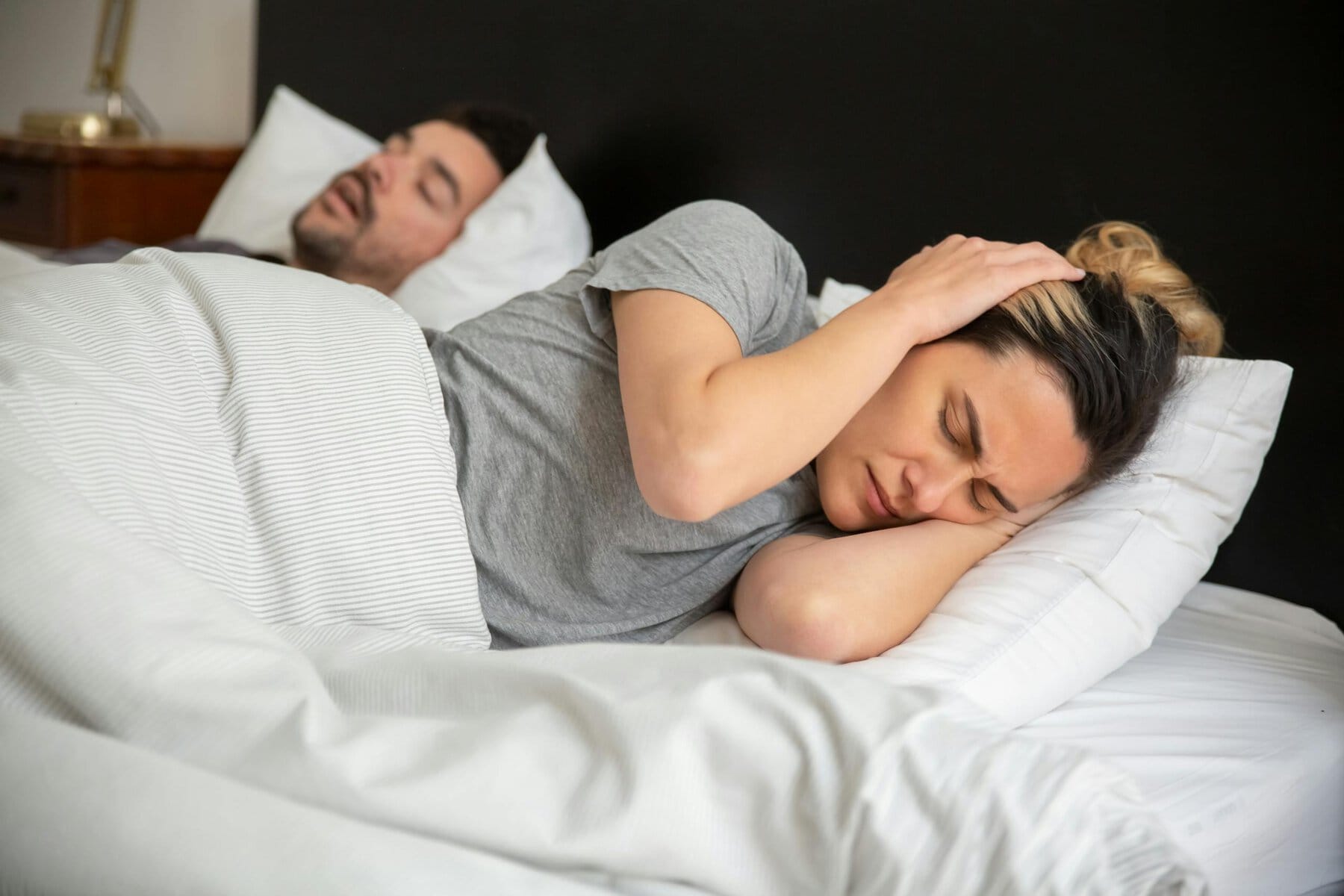- 800.525.2690
- [email protected]
- Mon - Fri: 8:00 - 4:30
Managing Tinnitus: How Sleep Earplugs Can Help

For those struggling to fall asleep due to tinnitus, sleep earplugs may provide a valuable solution by helping reduce ambient noise, creating a calmer environment for rest.
What is Tinnitus?
Tinnitus is a condition characterized by the perception of sound when no external noise is present. Many describe it as a ringing, buzzing, or hissing sound in the ears.
This condition can be temporary or chronic and affects millions of people worldwide. Tinnitus can significantly disrupt daily life, particularly when it comes to sleep.
Common Causes of Tinnitus
Tinnitus causes vary, but the most common triggers include prolonged exposure to loud noises, ear infections, age-related hearing loss, and certain medical conditions.
Even stress and anxiety can exacerbate the intensity of tinnitus.
Understanding the cause can be helpful for managing symptoms, especially when identifying suitable solutions for relief.
The Relationship Between Tinnitus and Sleep
The presence of tinnitus at night can make it particularly challenging for individuals to sleep. The lack of external noise during nighttime often makes the ringing more prominent.
This heightened awareness of the internal sounds can lead to increased anxiety and a vicious cycle of poor sleep and worsening tinnitus.
Sleep earplugs can help alleviate these effects by creating a comfortable soundscape that minimizes external disturbances.
How Sleep Earplugs Can Help Tinnitus
Many people with tinnitus have found relief by using sleep earplugs such as the Sleep Plugs Plus. These earplugs are designed to block out or reduce ambient noise, allowing users to create a quieter sleep environment. While sleep earplugs won’t completely eliminate tinnitus, they can help reduce stress levels associated with trying to sleep in a noisy environment, providing a calming effect that makes it easier to drift off.
Types of Earplugs for Sleep
When considering earplugs to aid with tinnitus, there are a few types that are commonly recommended:
- Foam Earplugs: These earplugs are inexpensive and widely available. They expand to fit the ear canal and are highly effective at blocking out low-frequency sounds.
- Custom-Molded Earplugs: For those seeking a more personalized solution, custom-molded earplugs provide a tailored fit that is comfortable for long-term use. They may be particularly useful for those who use earplugs nightly.
- Silicone Earplugs: These are soft, reusable, and easy to mold, making them a popular option for comfort while sleeping.
All of these types can aid individuals dealing with sleep disturbances related to tinnitus by helping maintain a stable and quiet environment.
Tinnitus Management Strategies Beyond Earplugs
In addition to using sleep earplugs, there are other strategies that can be beneficial for managing tinnitus symptoms. These include:
- Sound Therapy: Introducing background noise, like white noise machines or soft music, can help mask tinnitus and make it less noticeable, particularly at bedtime.
- Cognitive Behavioral Therapy (CBT): CBT has proven effective for individuals with chronic tinnitus by helping them reframe negative thoughts about the condition and reducing anxiety linked to tinnitus-related sleep disruptions.
- Relaxation Techniques: Relaxation practices such as deep breathing, meditation, or progressive muscle relaxation can help reduce stress and improve sleep quality.
FAQ: Tinnitus and Sleep Earplugs
Can sleep earplugs cure tinnitus?
No, sleep earplugs are not a cure for tinnitus. However, they can help reduce external noise, which may lessen the prominence of tinnitus sounds at night and improve sleep quality.
Are sleep earplugs safe to use every night?
Yes, as long as they are properly cleaned and used, sleep earplugs are safe for nightly use. It’s essential to follow hygiene practices to prevent ear infections.
Will earplugs make tinnitus worse?
In most cases, earplugs do not worsen tinnitus. Instead, they help minimize outside noise, making it easier for individuals to sleep despite tinnitus. However, some may prefer to combine earplugs with other noise-masking techniques.
How does white noise compare to earplugs for managing tinnitus?
White noise is often used as a complementary therapy to manage tinnitus, especially at night. It helps to mask internal ringing sounds, while earplugs reduce external noise. A combination of both can be very effective for some people.
Final Thoughts on Tinnitus and Sleep Earplugs
If you’re dealing with tinnitus, managing sleep can be particularly difficult, but tools like sleep earplugs can offer a practical way to alleviate nighttime disruptions. By reducing external sounds, earplugs can create a more suitable environment for rest, making it easier to cope with the challenges of tinnitus.
